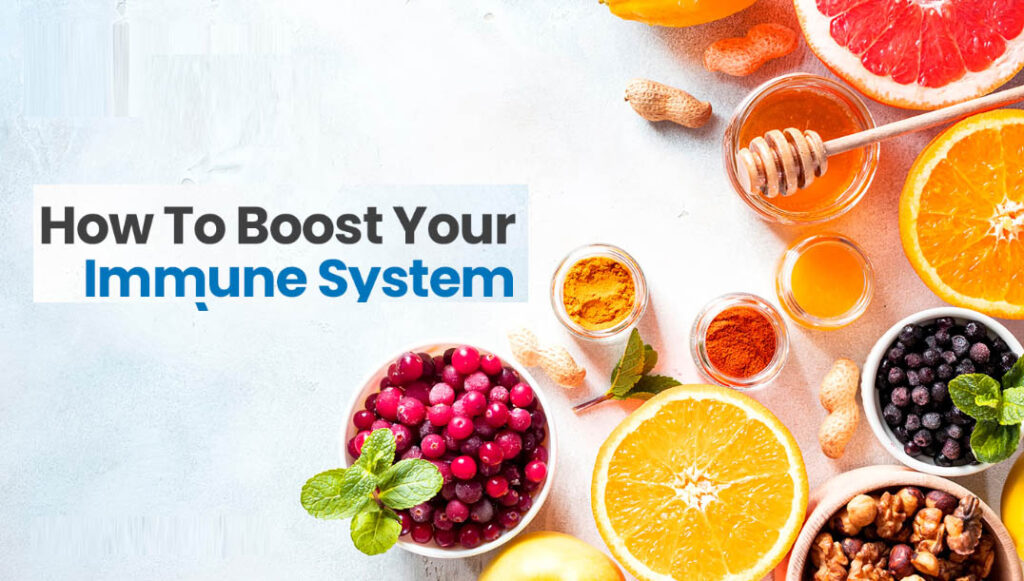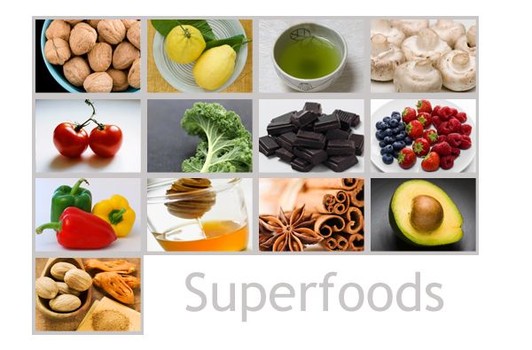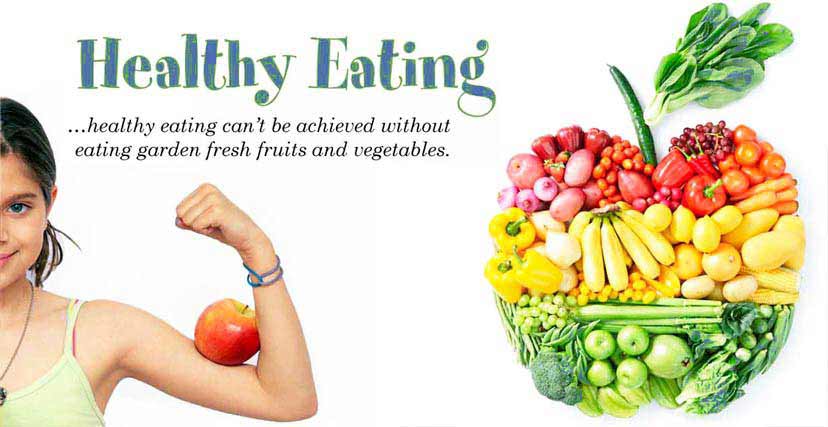You may wonder how to help your body fight off illnesses. One way is to boost your immune health. Boosting your immune health, though, doesn’t protect you specifically against Covid-19. But health experts say it can help.
While bolstering your immunity is easier said than done, several dietary and lifestyle changes may strengthen your body’s natural defenses and help you fight harmful pathogens, or disease-causing organisms. Here are tips to strengthen your immunity naturally:
Get enough sleep. Sleep and immunity are closely tied. In fact, inadequate or poor quality sleep is linked to a higher susceptibility to sickness. Adults should aim to get 7 or more hours of sleep each night, while teens need 8–10 hours and younger children and infants up to 14 hours.
If you’re having trouble sleeping, try limiting screen time for an hour before bed, as the blue light emitted from your phone, TV, and computer may disrupt your circadian rhythm, or your body’s natural wake-sleep cycle. Also, sleeping in a completely dark room or using a sleep mask, going to bed at the same time every night, and exercising regularly will help.

Eat more whole plant foods. Whole plant foods like fruits, vegetables, nuts, seeds, and legumes are rich in nutrients and antioxidants that may give you an upper hand against harmful pathogens. The antioxidants in these foods help decrease inflammation by combatting unstable compounds called free radicals, which can cause inflammation when they build up in your body. Chronic inflammation is linked to numerous health conditions, including heart disease, Alzheimer’s, and certain cancers.
Several whole plant foods contain antioxidants, fiber, and vitamin C, all of which may lower your susceptibility to illness.
Eat more healthy fats. Healthy fats, like those found in olive oil and salmon, may boost your body’s immune response to pathogens by decreasing inflammation. Although low-level inflammation is a normal response to stress or injury, chronic inflammation can suppress your immune system.
Olive oil, which is highly antiinflammatory, is linked to a decreased risk of chronic diseases like heart disease and type 2 diabetes. Plus, its anti-inflammatory properties may help your body fight off harmful disease-causing bacteria and viruses.
Eat more fermented foods or take a probiotic supplement. Fermented foods are rich in beneficial bacteria called probiotics, which populate your digestive tract. These foods include yogurt, sauerkraut, kimchi, kefir, and natto.
A flourishing network of gut bacteria can help your immune cells differentiate between normal, healthy cells and harmful invader organisms. Gut health and immunity are deeply interconnected. Fermented foods and probiotics may bolster your immune system by helping it identify and target harmful pathogens.
Limit added sugars. Added sugars and refined carbs may contribute disproportionately to overweight and obesity. Obesity may likewise increase your risk of getting sick. People with obesity who were administered the flu vaccine were twice as likely to still get the flu than individuals without obesity who received the vaccine.
Curbing your sugar intake can decrease inflammation and aid weight loss, thus reducing your risk of chronic health conditions like type 2 diabetes and heart disease. Given that obesity, type 2 diabetes, and heart disease can all weaken your immune system, limiting added sugars is an important part of an immune-boosting diet. You should strive to limit your sugar intake to less than 5 percent of your daily calories. This equals about 2 tablespoons (25 grams) of sugar for someone on a 2,000-calorie diet.
Engage in moderate exercise. Moderate exercise can give your immune system a boost, although prolonged intense exercise can suppress it. Studies indicate that even a single session of moderate exercise can boost the effectiveness of vaccines in people with compromised immune systems. What’s more, regular, moderate exercise may reduce inflammation and help your immune cells regenerate regularly.
Examples of moderate exercise include brisk walking, steady bicycling, jogging, swimming, and light hiking. Most people should aim for at least 150 minutes of moderate exercise per week.
Stay hydrated. Hydration doesn’t necessarily protect you from germs and viruses, but preventing dehydration is important to your overall health. Dehydration can cause headaches and hinder your physical performance, focus, mood, digestion, and heart and kidney functions, which complications can increase your susceptibility to illness.
Drink enough fluid daily to make your urine pale yellow. Water is recommended because it’s free of calories, additives, and sugar. As a general guideline, you should drink when you’re thirsty and stop when you’re no longer thirsty. You may need more fluids if you exercise intensely, work outside, or live in a hot climate.
Manage your stress levels. Relieving stress and anxiety is key to immune health. Long-term stress promotes inflammation, as well as imbalances in immune cell function. In particular, prolonged psychological stress can suppress the immune response in children.
Activities that may help you manage your stress include meditation, exercise, journaling, yoga, and other mindfulness practices. You may also benefit from seeing a licensed counselor or therapist, whether virtually or in person.
Supplement wisely. It’s easy to turn to supplements if you hear claims about their ability to treat or prevent Covid-19. However, these assertions are unfounded and untrue. The National Institutes of Health (NIH) says there’s no evidence to support the use of any supplement to prevent or treat Covid-19. Furthermore, supplements are prone to mislabeling because they aren’t regulated by the Food and Drug Administration (FDA).
However, some studies indicate that certain supplements may strengthen your body’s general immune response, like Vitamin C, Vitamin D, Zinc, elderberry, Echinacea, and garlic. It’s better to only purchase supplements that have been independently tested by thirdparty organizations like United States Pharmacopeia (USP), NSF International, and ConsumerLab.
Overall, it is important to note that no supplement, diet, or lifestyle modification – aside from physical distancing, also known as social distancing, and practicing proper hygiene – can protect you from developing Covid-19. (www.healthyatra.com)



